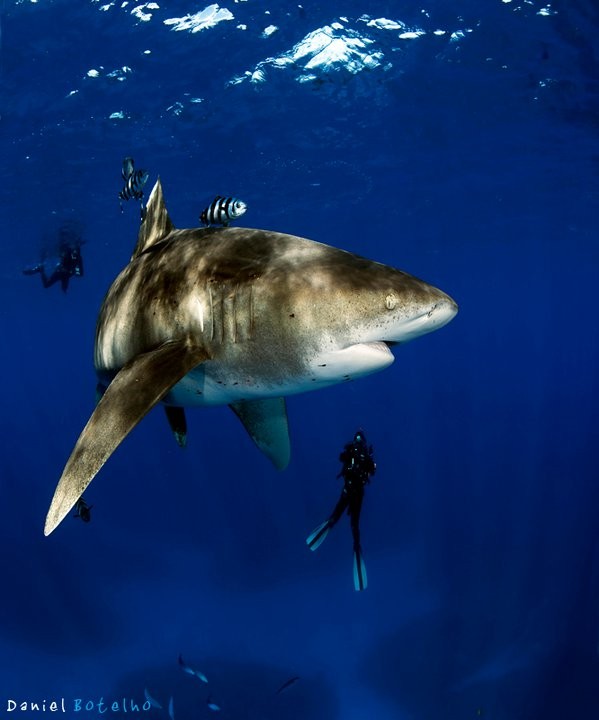Manta Ray Struggles for Survival
- Source:
-
Overfishing threatens the magnificent and prized ‘Ali Maduwa’, writes Malaka Rodrigo.
A giant “maduwa”, or manta ray, was netted last week by fisherman in Welipatanwila, Ambalanthota, on the South coast. The ocean creature was pregnant and weighed 1,500 kilograms. A week earlier, another manta ray was caught by fishermen in Akkaraipattu, on the East coast. Both sea creatures have been identified as Giant Oceanic Manta Rays, the largest member of the ray family.
